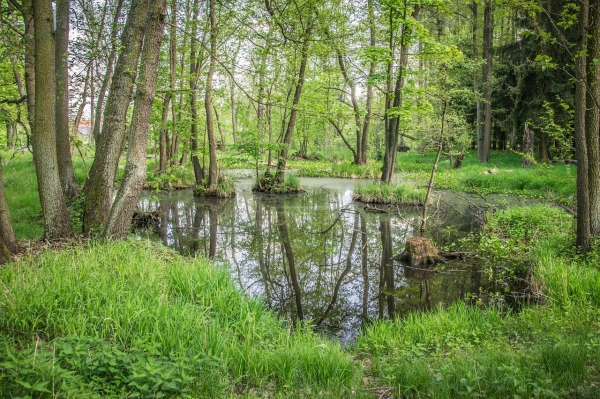Warming in the Arctic is intensifying methane emissions, contributing to a vicious feedback loop that could accelerate climate change even more, according to a new study published May 7 in Nature.
Warming in the Arctic is intensifying methane emissions, contributing to a vicious feedback loop that could accelerate climate change even more, according to a new study published May 7 in Nature.
“Methane is a very potent greenhouse gas that we need to address urgently,” said co-author Xin (Lindsay) Lan, a climate scientist at CU Boulder’s Cooperative Institute for Research in Environmental Sciences (CIRES). “Our study suggests that a significant portion of the recent rise in atmospheric methane originates from natural sources driven by climate change.Our emission reduction efforts need to be more aggressive.”
Methane is the second most abundant human-produced greenhouse gas after carbon dioxide. But an equal amount of methane traps about 30 times more heat than CO₂ over a 100-year time frame. Methane has been responsible for roughly a quarter of the planet’s warming since the Industrial Revolution.
Read More: University of Colorado Boulder
Photo Credit: Simy27 via Pixabay




